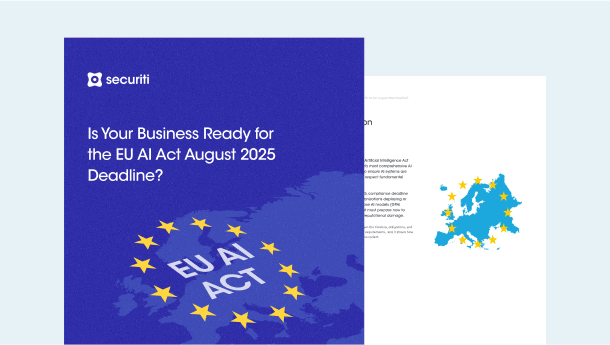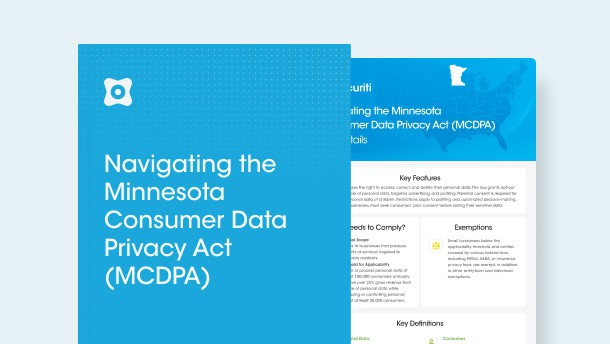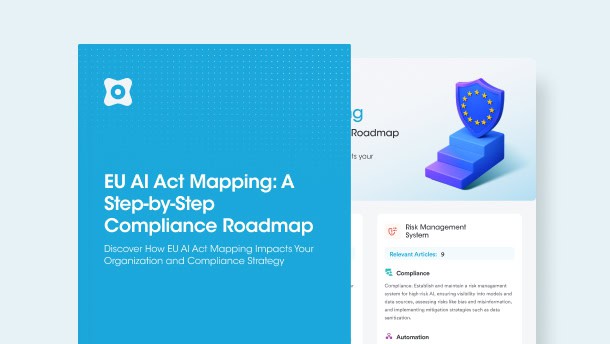While websites don’t necessarily have to use cookies, most use cookies, and the digital architecture supports websites using cookies.
Internet cookies are beneficial not only for the website owners but also for the website visitors as they remember users’ preferences without requiring them to log in each time. With the help of cookies, websites remember a user’s name, their previous interaction with the website, likes, items added to the cart, and much more.
Cookies were given birth primarily for advertising purposes. Website owners or operators can monitor a visitor’s browsing habits and understand what type of products the visitor is interested in which provides insights into their purchasing habits.
The gathered personal information is then used to target the visitors with personalized ads on the website and other websites that utilize the same third-party cookies. For example, suppose a visitor is browsing graphic cards on Amazon. In that case, cookies will observe the user behavior as someone interested in graphic cards and start displaying ads for graphic cards on other websites they visit, such as Facebook, eBay, etc.
Cookies are a lucrative business for website owners as they get a kickback of the gains in case you make a purchase. While privacy-conscious users despise cookies, many everyday internet users have accepted cookies as intelligence that helps personalize their internet experience.
Let’s face it, users prefer the convenience of cookies and expect its benefits when visiting websites, but many don’t appreciate the way cookies are designed to help track users. There has been a long battle whether cookies should be allowed to operate on websites, and privacy concerns have led governments to devise cookie laws – EU cookie law.
Since cookies have become a crucial part of the online browsing experience, it is safe to assume that websites operating in the European Union must comply with the law.
What is the EU Cookie Law?
Reinstating privacy and user consent as a fundamental right, the European Union designed the ePrivacy Directive, commonly referred to as the EU Cookie Law. The legislation regulates how websites are allowed to use cookies and process personal data from visitors from the European Union.
The policymakers within the EU realized that internet users had the fundamental right to know:
- What cookies are on the site
- How websites are using cookies to target them with personalized advertisements
- The option to opt-out of those cookies when desired
With the EU Cookie Law in effect from 2011, the EU mandates all EU countries to devise laws requiring websites to obtain the explicit and informed consent of the visitor before the website can store or retrieve their private information.
What are the requirements of the EU Cookie Law?
The European Cookie Law requires websites to feature a consent banner. Website visitors from the EU can use the consent banner to either accept or reject the non-essential cookies used by the website.
Essential cookies are needed to facilitate communication over the internet network, such as a user’s IP address. In comparison, non-essential cookies analyze a user’s behavior and display them with personalized ads.
The EU Cookie Law is the first cookie law regulating websites on cookies and trackers for targeting users with personalized ads. The Cookie Law applies to all websites with embedded cookie codes on the site. As per the law, websites are required to:
- Inform their visitors that they’re using cookies,
- Inform their visitors what those cookies are being used for, and
- Obtain their consent before the cookies can be placed on their devices.
In short, websites with EU visitors need to obtain the visitor's explicit consent before they begin collecting their personal information. To obtain explicit consent, websites need to inform users in plain, user-friendly, and easy-to-understand language about all cookies and trackers embedded in their domain.
Apart from informing users and obtaining their consent in a user-friendly manner, websites need to enable withdrawal of the consent as easily as users can give consent to enable cookies.
How Does This Affect My Business?
If you are a website that does not use cookies, the EU Cookie Law does not affect you. However, most websites use cookies in one way or another, so the EU Cookie Law likely applies to most websites.
If your website uses cookies, you will need to make sure that you comply with the EU Cookie Law. Compliance would require you to make some tweaks to how you collect cookies from your visitors.
Non-compliance to any law comes with consequences, and the EU Cookie Law is no different. Failure to comply means websites are at risk of enforcement action from regulators and governing bodies. Websites could face monetary penalties and, worse, loss of customer trust.
How to Comply with the EU Cookie Law?
The EU Cookie Law itself does not impose penalties but requires the EU countries to devise and enforce their laws and federated penalties. In short, penalties imposed on a business for non-compliance will vary depending on where the business is located.
Businesses offering their services to EU visitors need to:
Add a Consent Banner
Websites need to add a consent banner informing their users about the information they collect and for what purpose that information is being collected.
The collection details can be mentioned elsewhere, but users must be given the option to consent to collect their information or opt-out willingly.
Specify in the Privacy Policy
Details of the collection can be explicitly mentioned in Terms of Service or the Privacy Policy in an easy-to-understand and plain language.
Suppose users have already accepted the Terms of Service and the Privacy Policy prior to updating the consent details. In that case, users must be prompted to accept or reject the updated details.
Enable Automation
Cookie compliance can be automated to enable swift integration across a websites’ domain. With the help of cookie consent management tools, websites can immediately comply with the EU Cookie Law and other global privacy regulations.










































